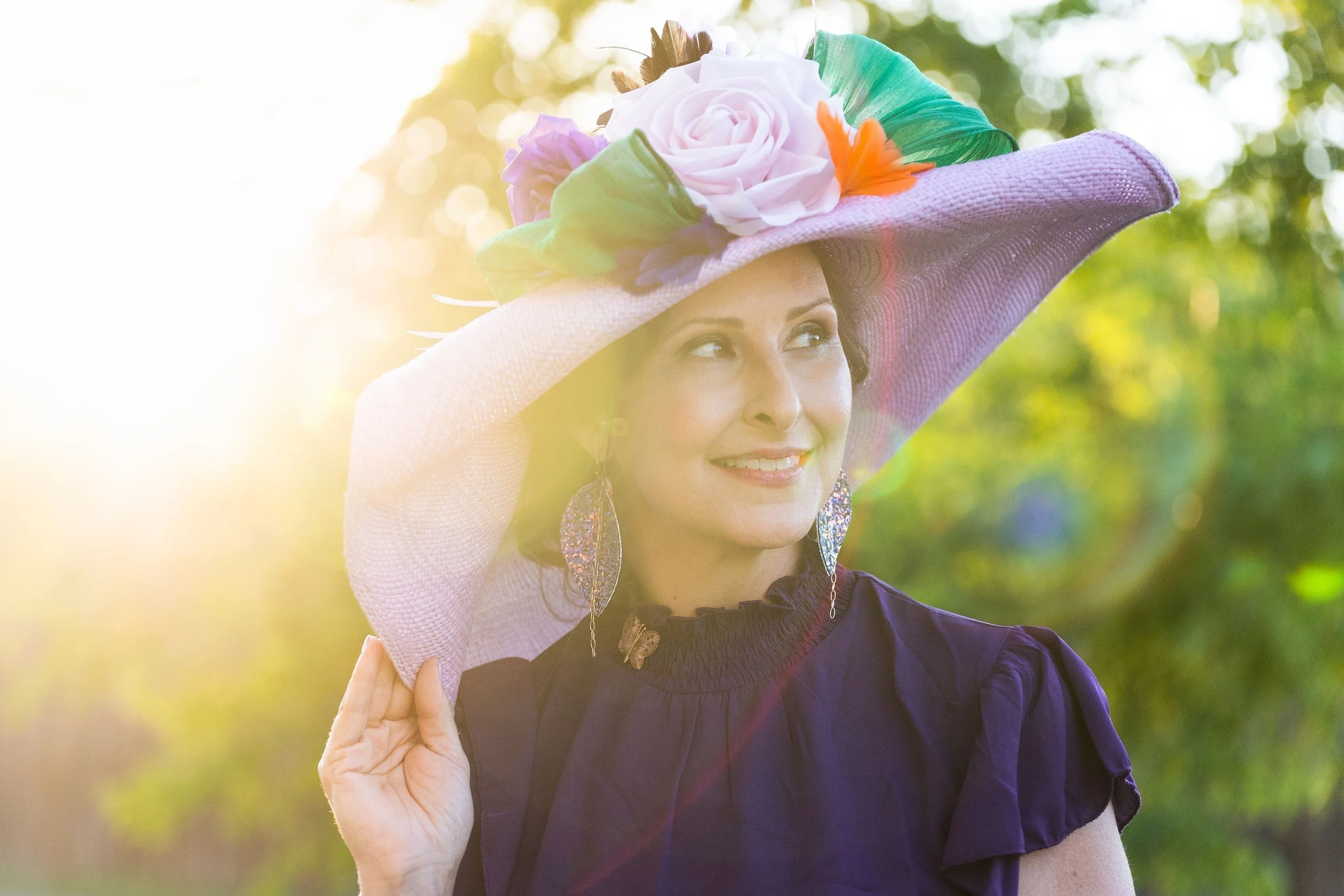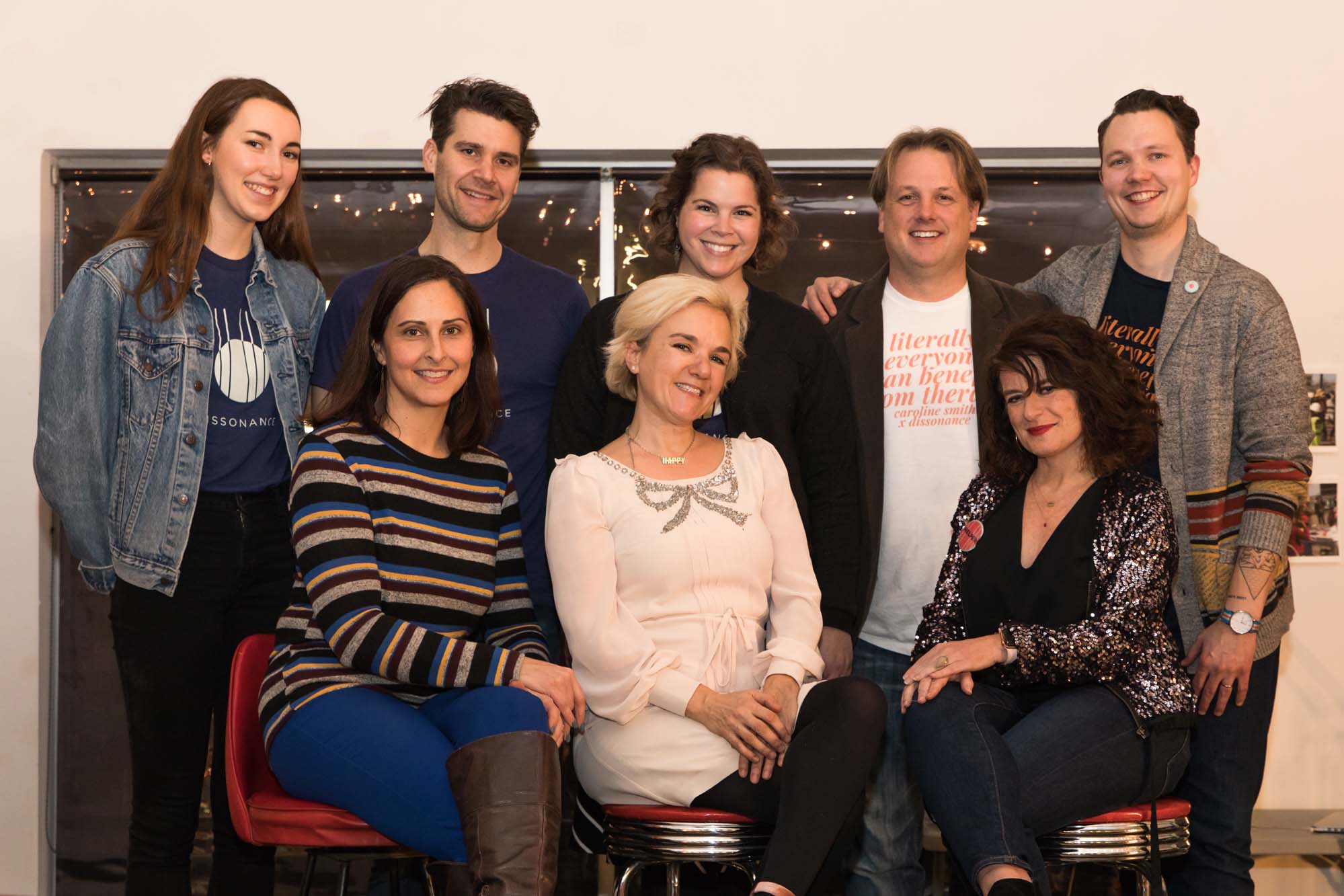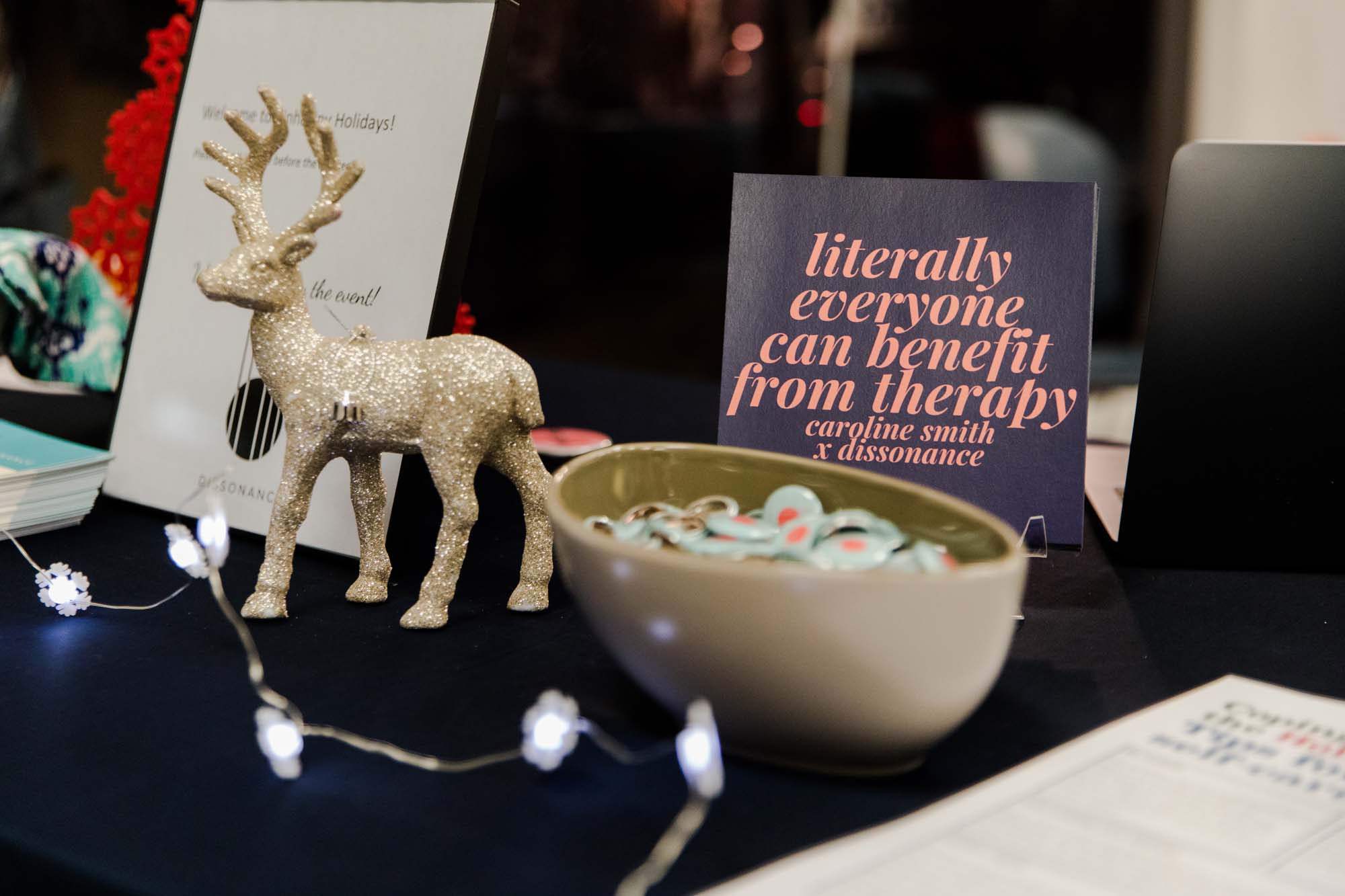By Paul “P.T.” Thomas
About 25 years ago, I remember a very tense conversation around the dinner table. As my mom, dad, brother (7), sister (2) and I gathered for our family meal, there was a “feeling in the air” that even a 10-year-old boy could recognize. With a calm in her voice yet a nervousness in her words, my mother explained to us that my aunt had recently been to the doctor for some tests … and those tests revealed something very troubling … that my aunt had … cancer. “Cancer!” I exclaimed in a loud and scared voice that one could tell was the exact way my mom and dad felt but didn’t want to show, so as not to upset us kids. It was almost as if the word itself was evil and that merely speaking the “C-word” caused the room to be filled with fear. Or that perhaps simply uttering the “C-word” would open up the windows, and cancer would magically crawl into the house and affect one of us—right then and there. Cancer was scary … cancer was alarming … cancer was mostly an unknown … and we didn’t even want to talk about it.
Fast forward 25 years. Cancer is still scary. A cancer diagnosis is still alarming, and it is STILL a horrible disease. I would never diminish anyone’s battle with cancer. Lord knows I’ve lost way too many friends and family to the disease. However, ONE thing that has drastically changed during this past quarter century is how we as a culture approach cancer, face it, and come together as a community to support friends and family affected. Heck, nowadays we would probably host a fundraiser at the neighborhood American Legion for my aunt. We’d have t-shirts made supporting her, hashtags would be trending, and we would make damn sure she knew the entire community was going to be with her and her family during the emotional and potentially grueling battle. Again, NONE of this is a bad thing. In fact, just the opposite—these things are all PHENOMENAL displays of support and love during a battle that many times is quite literally a fight for one’s life.
Now take this same story and change the disease to … mental illness. Swap in any mental illness: depression, anxiety, bipolar disorder, PTSD. Would we still be hosting a fundraiser for that? Would our community of friends and family print t-shirts? Probably not. The question I have is this: Why is it so different if someone’s battle originates in the MIND rather than the BODY? The National Alliance on Mental Illness estimates that approximately one in five Americans experiences mental illness in a given year. That’s 20 percent of Americans! Yet there is still a stigma attached to it. There is still misunderstanding and an “unknown” aspect to these diseases that affect the most powerful part of the entire human body—our brains. Unfortunately, the reality is that mental illness unchecked or untreated can result in a difficult and emotional battle for one’s own wellbeing and life. According to the American Foundation for Suicide Prevention, suicide is the 10th leading cause of death in the U.S. And it’s absolutely preventable. But those affected by mental illness often suffer quietly and alone, due to the stigma of acknowledging the need for help, the unwillingness to be vulnerable, and/or the lack of understanding, compassion and empathy from others who don’t know what to say or how to help.
I’m not suggesting we call the local Lions club to help us organize a “Linda fights her demons” fundraiser for my friend battling depression. And we should most definitely continue to hold community events supporting those diagnosed with some form of cancer. However, I AM suggesting we need to be more aware of the fact that there’s a “Linda” in your life RIGHT NOW who is battling a disease you can’t see and might not know about. She may be too embarrassed to say something or not how to broach the topic. Or perhaps it is YOU who is struggling with anxiety? Maybe YOU battle depression but don’t want to “burden” friends or family members with your problems, fearing they “are too busy” to listen. Or maybe you experience post-traumatic stress and are reluctant to seek professional help because of some notion that only “weak” people do that.
As a society, we need to approach mental illness more like we do physical illness. We need to be willing to start the conversation about mental health, thus reducing the stigma associated with it. If we can take these steps, I believe we WILL saves lives. But we can’t wait—this must begin now with our generation so that our kids can sit around the dinner table and be comfortable saying that they aren’t feeling well … in their mind … and that they need some help.
Paul Thomas is the founder of the LIVIN Foundation for mental health awareness and suicide prevention and the Get Busy LIVIN Music Festival. He is also the board chair for the Midwest Country Music Association and an on-air morning-show personality for 102.9 The Wolf in Minneapolis. Find more information about the LIVIN Foundation’s mission, including how to donate, at www.livinfoundation.org.
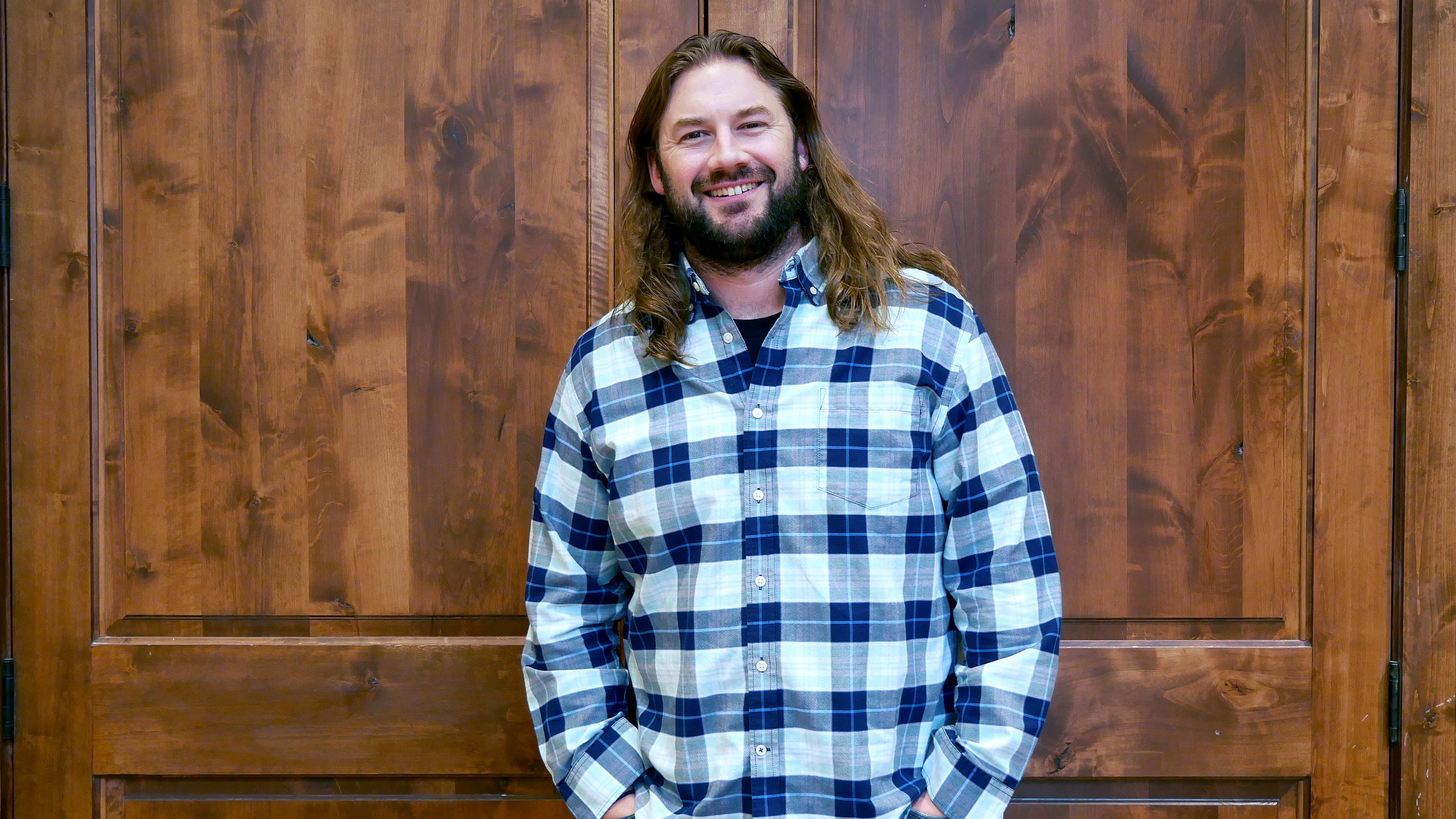
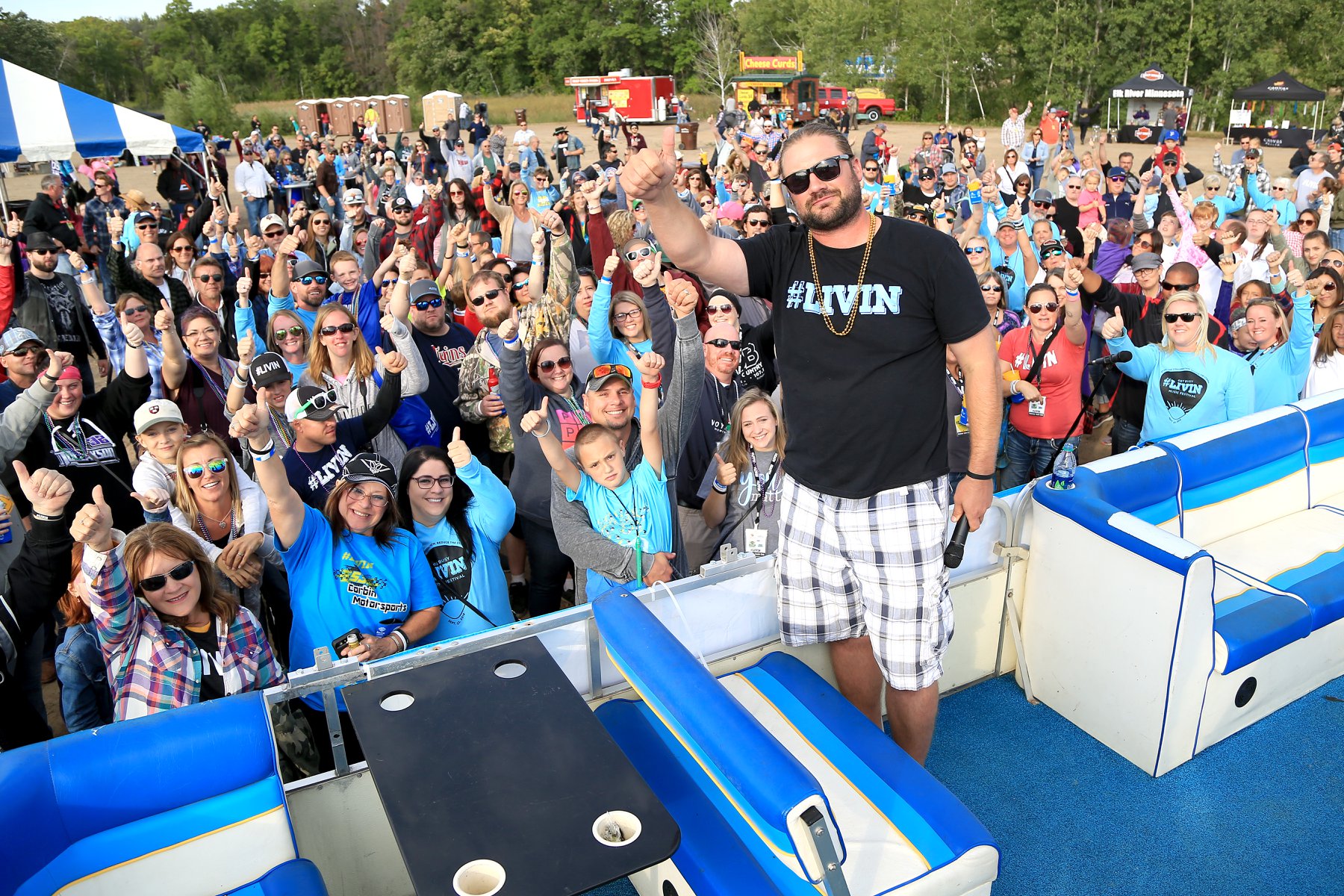
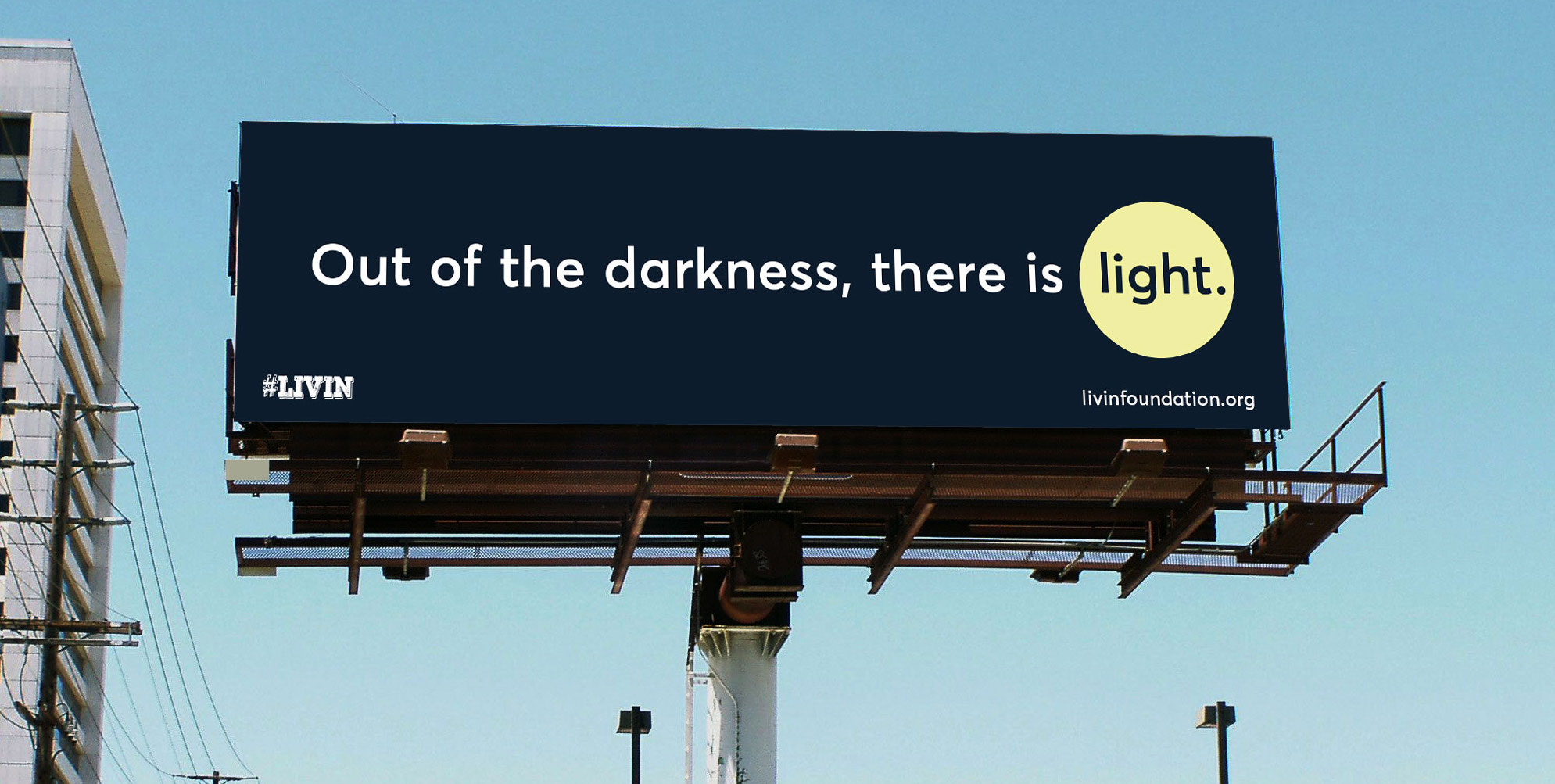
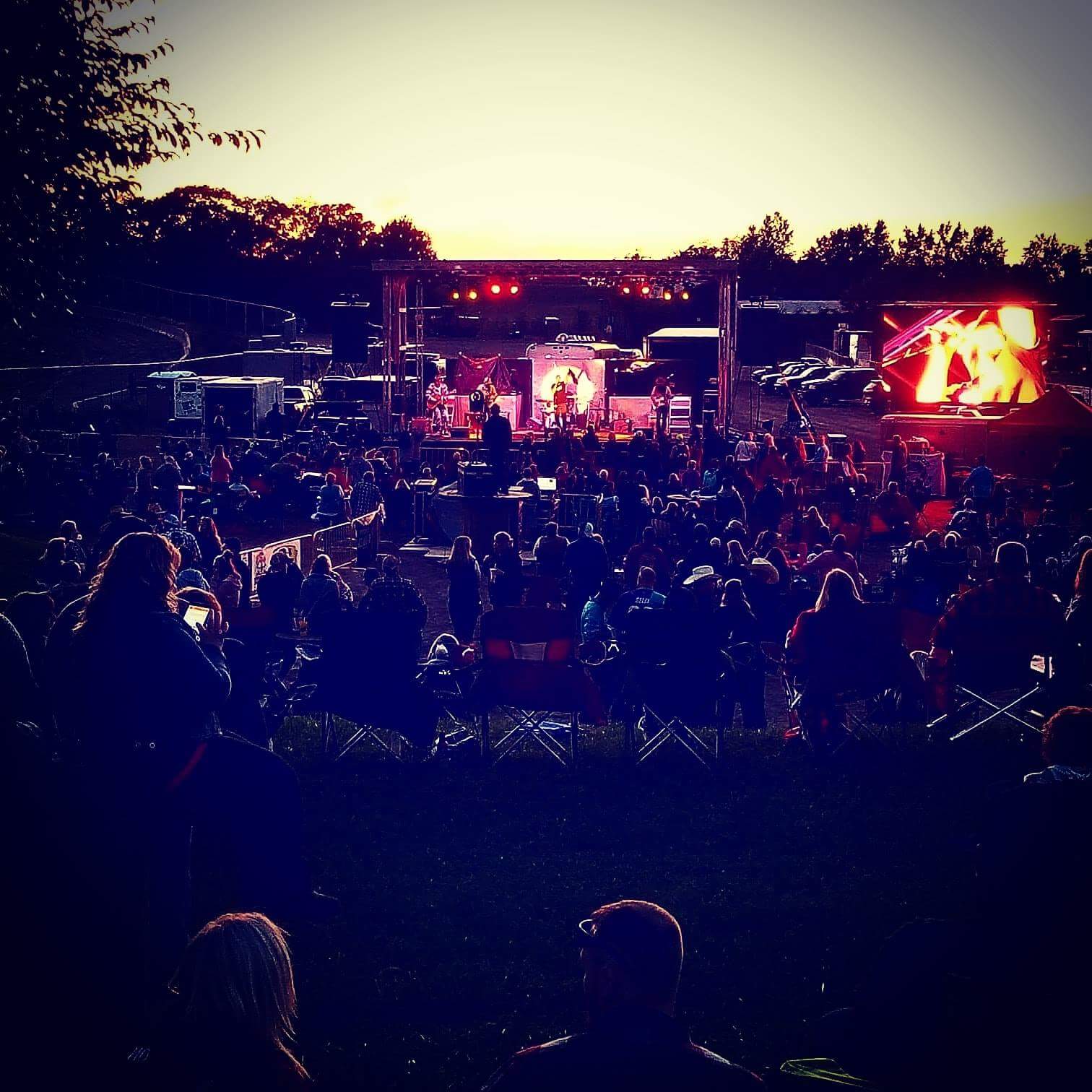
Coming Back This Fall
Join the LIVIN Foundation for its 2nd Annual Get Busy LIVIN Music Festival on Saturday, Sept. 21, 2019, at ERX Motor Park in Elk River, Minn. Details on Facebook.




